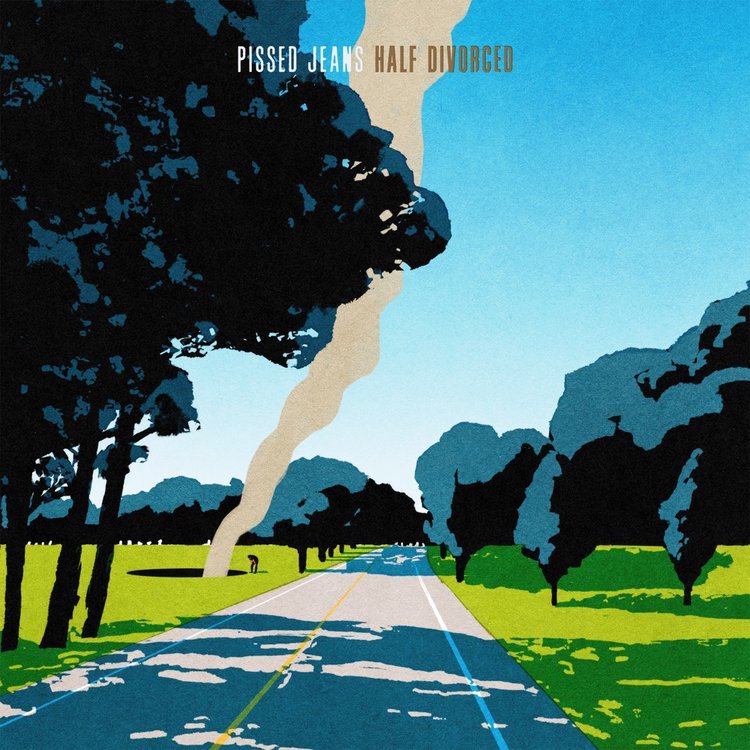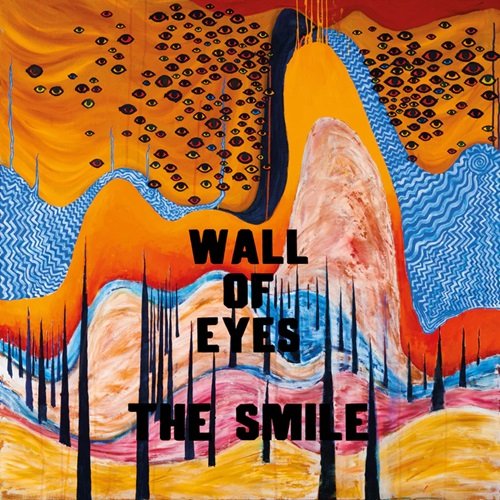Natalie Prass - The Future and the Past
Natalie Prass
The Future and the Past
By: Ryan Kachikis
In November 2016, the United States government changed fundamentally. That same month Natalie Prass was scheduled to begin work on the follow up to her self- titled debut album, but found the prepared batch of songs unsatisfactory to deal with the new and complicated discussion happening in her transfigured country. Writing new material began in earnest January of 2017, the month Donald Trump took office; and if the rollout storyline being told through interviews and think pieces proves effective, then The Future And The Past will be What’s Going On for a new generation.
Social importance and a place in the zeitgeist is determined by time, but current acclaim will lie in how Prass’ new album compares to Marvin Gaye’s landmark achievement musically. 60’s and 70’s soul has been a large influence for Prass, who draws from Dionne Warick, The Supremes, Michael McDonald, Dusty Springfield and others to craft her version of “blue-eyed soul”. Deep grooves, understated guitars, and string arrangements abound, courtesy of producer Matthew E. White and his Spacebomb house band. While Prass’ debut hinted at the potential of this sound, The Future And The Past finds the pockets deeper, the layers more tasteful, and the strings sparse but just as cinematic.
The Stevie Wonder aping “Oh My” opens the album with Prass’ signature harmonies over a slow-burning and bone-dry funk, before the singer comes through with an affected vocal and lyrics that express disillusionment with an increasingly surreal world. “Seems like every day we’re losing when we choose to read the news” she opines, reflecting the growing national acceptance that every day is either new evidence in an investigation, a new hostility against the most vulnerable, or a school shooting. The track is thematically similar to Parquet Court’s new “Violence” and effectively sets the tone for a record about hope in a downward spiral.
“Ship Go Down” elaborates on this sentiment towards the album’s end with a retelling of Otis Redding’s fatal plane crash. His trumpet player, the crash’s sole survivor, spoke of waking up in the water and watching his friends and their plane sink to the bottom. For Prass, the plane is the world, and it’s passengers the people who fight for progress in a regressive system. “We can’t go back the way we came, on the same old track by a broken train” she sings on the centerpiece ballad “Lost”.
The band’s efforts on this project are worth noting, creating their own identity and a riveting live dynamic in a singer-songwriter landscape that is becoming more computerized and beat focused every day. They move effortlessly from the pop-soul of “Short Court Style” to the slow dub of Family Man influenced “Hot For The Mountain”; the dirty guitars and church choirs of D’Angelo love-letter “Sisters” to the glitzy 80’s pop of “Nothing to Say”. A double-edge can be found in some arrangements coming off as too “proggy”; but it’s a small price to pay for a record so inventive.
Whether that first batch of abandoned songs will pop up in the future is impossible to say, but their place in the past is necessary. Natalie Prass tapped into a feeling on election day and expressed it in a superior second album that mixes her songs of love and loss with a biting and topical political message that paints the darkness, as well as the light, of being socially progressive in modern America.











